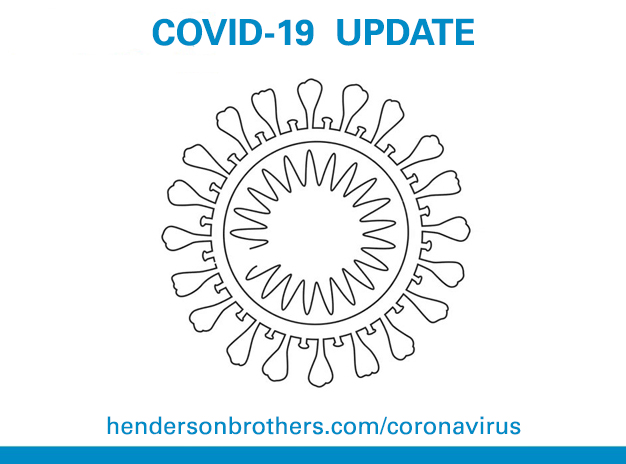This update is adapted from the Center for Disease Control fact page on COVID-19.
The CDC is responding to an outbreak of respiratory disease caused by a novel coronavirus, now known as COVID-19. The CDC has been supplying a steady stream of information and advice on the outbreak which is affecting many parts the world and disrupting a variety of businesses. COVID-19 is now considered a public health emergency and the CDC is working with communities and local authorities to prepare for the potential widespread response to the disease. The potential public health threat posed by COVID-19 is very high. It’s likely that person-to-person spread will continue to occur in communities in the United States resulting in potential widespread transmission.
Widespread transmission of COVID-19 could result in large portions of the population requiring medical care and hospital admittance in extreme cases. Should widespread transmission occur workplaces and schools may experience disruptions and absenteeism. Similarly, other critical civil services infrastructure may also be affected. In certain areas where community transmission is severe public healthcare systems may become overloaded and be forced to turn away all but the most severe medical cases.
Efforts across the globe and locally are being focused on preventing transmission, containing the spread of the disease, and managing the effects of the infection on all populations. The federal government is working closely with all levels of civil authorities and public health partners, to respond the COVID-19 threat. The CDC has mobilized all its pandemic preparedness and response plans and resources.
In addition to the clinical and medical efforts being led by the CDC, everyone has a role in fighting this outbreak. Many of the steps individuals can take to prevent the spread of COVID-19 are similar to the steps taken to prevent the spread of less severe flu strains such as:
- Washing your hands or using hand sanitizer with at least 60% alcohol often will help protect you from germs
- Avoid touching your face, eyes, mouth, and nose, especially with unwashed hands
- Clean and disinfect frequently touched surfaces
- Avoid close contact with people who are sick
- If possible, stay home from work, school, and errands when you are sick
- Cover your mouth and nose with a tissue when coughing or sneezing
- Monitor your health and report changes that may be due to COVID-19 to your health care provider
- Follow all medical directions and take all prescription medications provided by your health care provider
For additional curated information and planning resources contact your Henderson Brothers’ partners.
Please note that the information contained in this posting is designed to provide general awareness in regard to the subject matter covered. It is not provided as legal, medical, or tax advice, nor is it intended to address all concerns in your workplace or for public health. No representation is made as to the sufficiency for your specific company’s needs. This post should be reviewed by your legal counsel or tax consultant before use.


